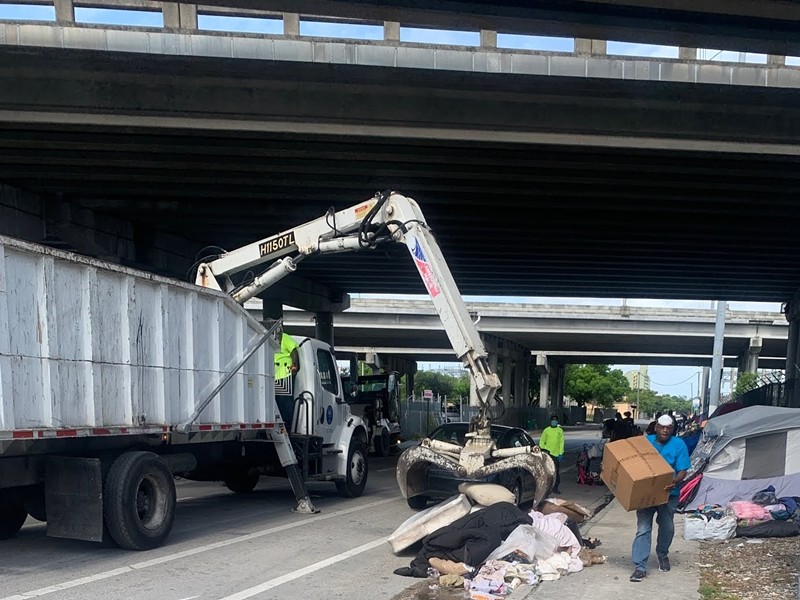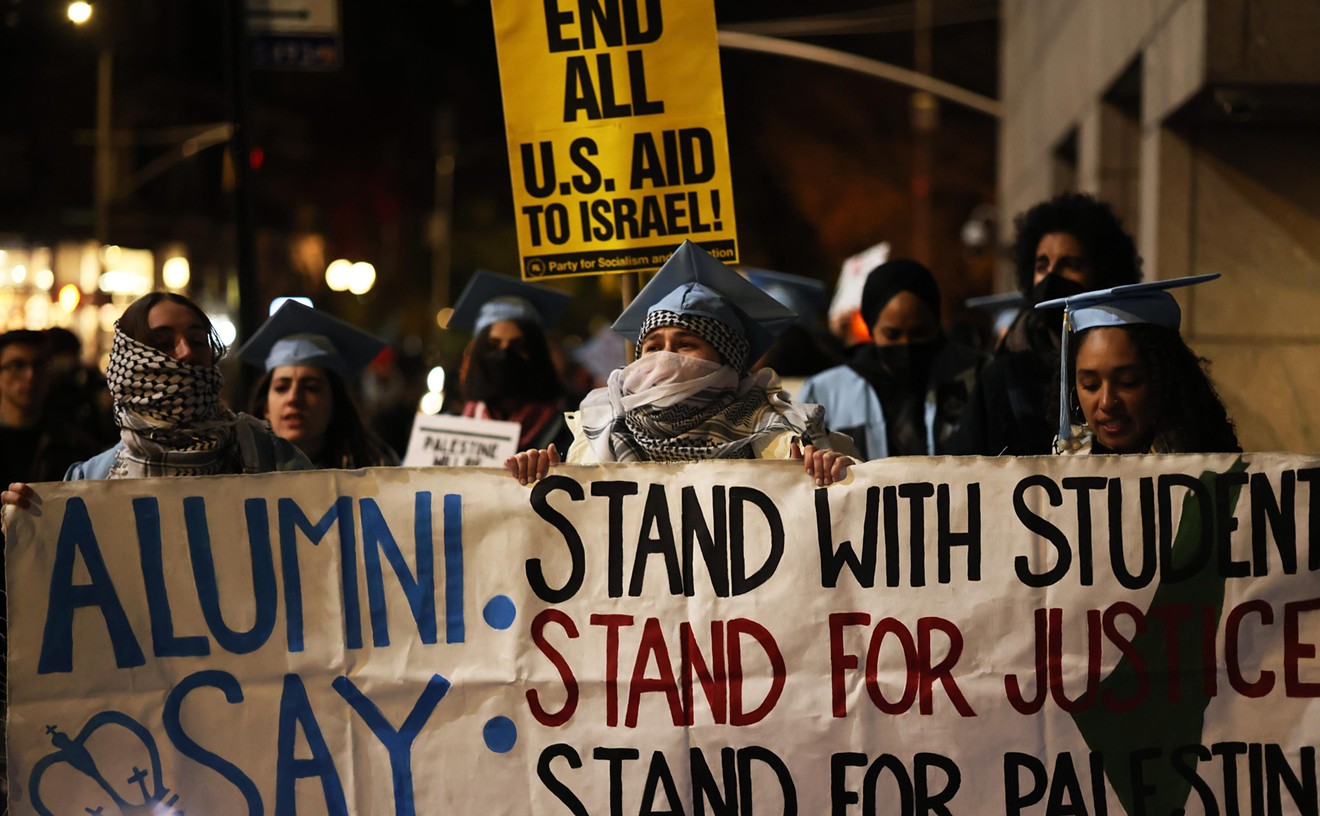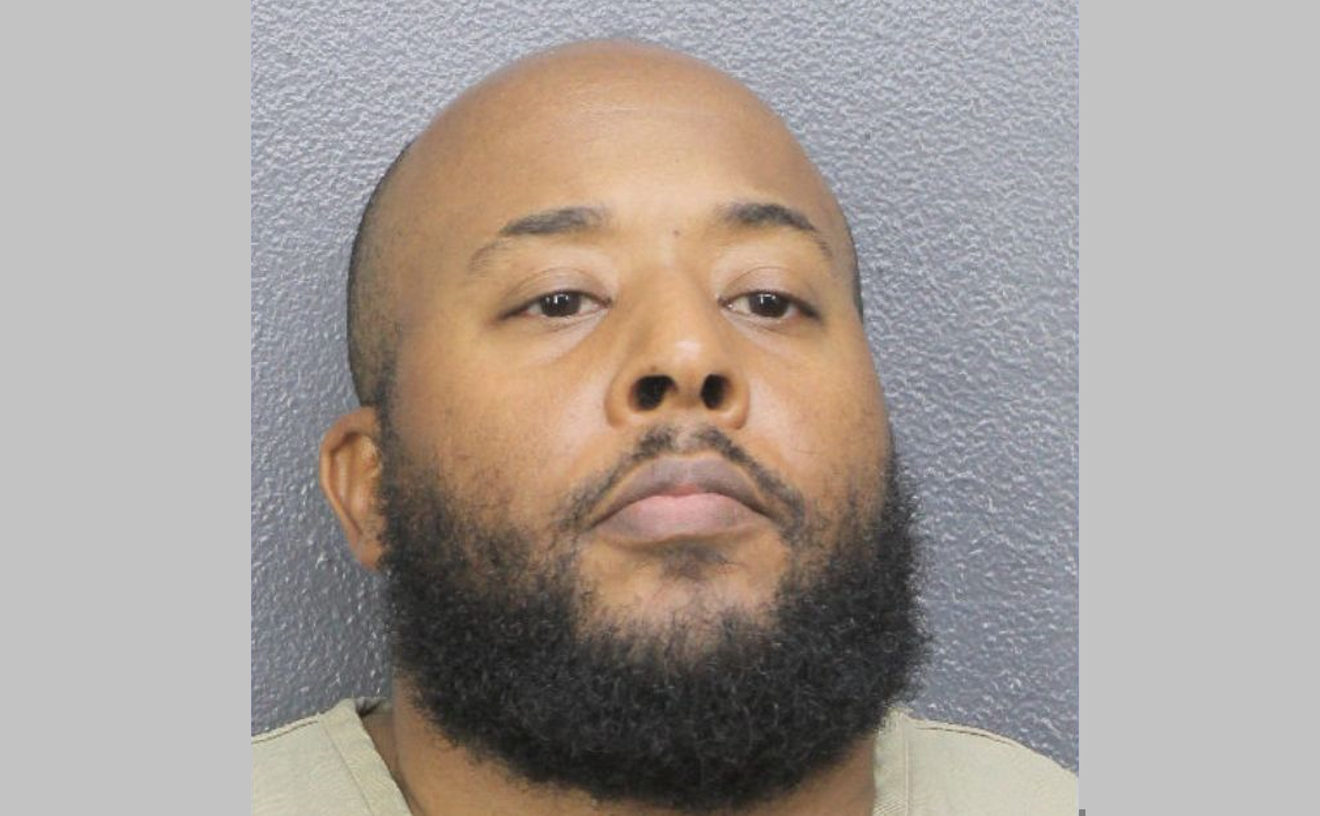One day in the spring of 2021, Miami resident Latoyla Yasheen Cooper-Levy attended an orientation session for a new job. When she returned to the homeless encampment where she'd lived for three years, all her belongings were gone.
She'd left everything inside her tent, organized in a way that would indicate they weren't abandoned. But while she was gone, the City of Miami had chosen the encampment situated between NW 17th Street and NW Seventh Avenue to conduct one of its twice-weekly sweeps, removing and destroying Cooper-Levy's passport, birth certificate, Social Security card, telephone, work uniform, an urn containing her mother's ashes, and the tent.
She also lost her new job — because, as Cooper-Levy alleges in a federal lawsuit filed on June 24, she wasn't able to replace the uniform.
Filed in the Southern District's Miami Division on behalf of Cooper-Levy and three other unhoused Miami residents in Miami by Legal Services of Greater Miami, Gainesville-based Southern Legal Counsel, and the American Civil Liberties Union (ACLU) of Florida and its Greater Miami chapter, the lawsuit challenges the City of Miami's ongoing practice of destroying unhoused people's personal property in violation of their constitutional rights –– specifically, the right to be free from unreasonable seizure and the right to due process. (A copy of the suit is embedded at the end of this story.)
"I think it's really important to remember that the Constitution protects everyone's property, and that includes people who are unsheltered," Jeffrey Hearne, director of litigation at Legal Services of Greater Miami, tells New Times. "And these are people who are already sort of living on the edge. We should be finding ways to try to help them get into housing, rather than making it more difficult."
All four plaintiffs — Cooper-Levy, Phillip Sylverin, Sherman Rivers, and Joseph Simmons — live in Miami, are experiencing homelessness, and allege that city workers seized and destroyed their belongings last year. The complaint seeks unspecified compensation for the loss of their property and the emotional damage of enduring what Hearne describes as the "horrible destruction of all their worldly belongings."
According to the lawsuit, the city gives unhoused people only a few minutes to move their belongings during its sweeps of the encampments and, if they do not comply or aren't present, promptly removes and destroys their property. Similar to Cooper-Levy's experience, many allegedly lose government-issued documents and irreplaceable personal possessions, as well as medications.
Sylverin, who had been living near or under the I-95 bridge on NW 11th Street for about three years and uses a wheelchair for mobility, alleges that when the city came through last May, he was unable to move most of his personal property within the allotted time. He tells New Times that city workers gave him 15 to 20 minutes, then used a crane to remove his belongings, including his ID, family photos, and a tent that contained his pet cat, who he never saw again and assumes was killed.
"They were so cold," Sylverin tells New Times. He says the city has "constantly" moved him around and threatened to put him in jail since the forced eviction, effectively driving him away from Overtown and into less familiar neighborhoods.
Rivers, who has been homeless for roughly 30 years, lived at the same encampment as Sylverin and was at work when city workers destroyed his birth certificate, public benefits cards, prescription medications, and $60 in change, according to the lawsuit.
"On at least four other occasions, the City has seized and destroyed [Rivers'] personal property while he was at work," the federal complaint alleges. "Rivers is currently homeless, and he is fearful that the City will continue to seize and destroy his belongings without notice."
In addition to monetary compensation, the lawsuit seeks an injunction against any future confiscation and destruction of a person’s property by the city "without a lawful justification, proper notice, a reasonable opportunity to be heard, and due-process protections."
The complaint cites what it refers to as the city's ongoing "aggressive plan" to clear homeless encampments. In October 2021, the city passed a controversial ban on homeless encampments in public places.
For decades, homeless people were protected by the landmark 1998 Pottinger Agreement, which aimed to prevent the criminalization of people experiencing homelessness in Miami and stemmed from a 1988 ACLU lawsuit that sought to prevent police from arresting homeless people on loitering charges. A federal appeals court terminated the consent decree in February 2019.
The City of Miami did not immediately respond to a request for comment via email.
Homelessness
Lawsuit Seeks to Stop Miami From Destroying Homeless People's Property
A recent federal lawsuit challenges the City of Miami's alleged practice of destroying homeless property.

City of Miami workers at the site of a homeless encampment in Overtown on the morning of May 13, 2020.
New Times file photo by Rachel Gilmer
[
{
"name": "Editor Picks",
"component": "17482312",
"insertPoint": "4",
"requiredCountToDisplay": "1"
},{
"name": "Inline Links",
"component": "18711090",
"insertPoint": "8th",
"startingPoint": 8,
"requiredCountToDisplay": "7",
"maxInsertions": 25
},{
"name": "Air - MediumRectangle - Combo - Inline Content",
"component": "17482310",
"insertPoint": "8th",
"startingPoint": 8,
"requiredCountToDisplay": "7",
"maxInsertions": 25
},{
"name": "Inline Links",
"component": "18711090",
"insertPoint": "8th",
"startingPoint": 12,
"requiredCountToDisplay": "11",
"maxInsertions": 25
},{
"name": "Air - Leaderboard Tower - Combo - Inline Content",
"component": "17482313",
"insertPoint": "8th",
"startingPoint": 12,
"requiredCountToDisplay": "11",
"maxInsertions": 25
}
]










